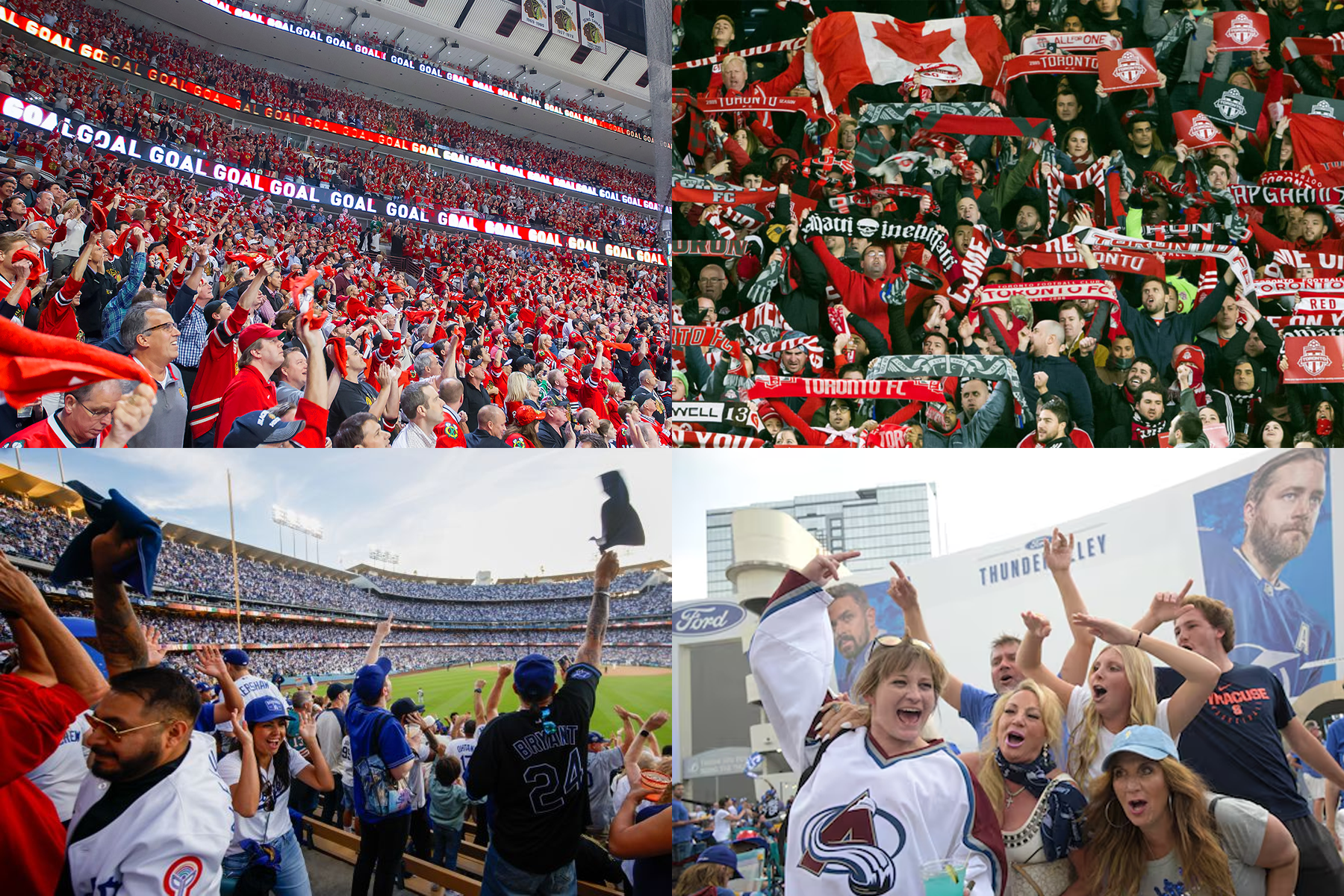Fan culture is often celebrated for its enthusiasm, community spirit and capacity to elevate athletes and teams to a higher status. However, fan behaviour can become toxic, causing far-reaching negative effects on the athletes at the receiving end. This phenomenon merits academic attention, especially given its links to social media proliferation, parasocial relationships and identity-based entanglement in sports fandom.
At its best, fandom offers athletes meaningful support, cheering crowds, role models in the stands and elevated public profiles. Yet, when a fan’s identity becomes overly bound up with an athlete’s performance or image, the dynamic tends to shift. Fans may begin to assert entitlement, expecting athletes to perform not just well, but in ways that satisfy the fan’s own sense of worth or identity.
The consequence is that athletes are judged not only by their results, but by how well they serve that fan identity. Studies show that this sense of entitlement correlates with toxic behaviours towards athletes online and offline. For example, social media is identified as “a catalyst for toxic sports-fan culture,” enabling fans to escalate demands and criticism far beyond the boundaries of the athletic context.
One core mechanism in toxic fan culture is parasocial relationships. Athletes increasingly function as more than competitors, but as personal brands; fans interact with them via social media, invest in them emotionally and may feel a familiarity that is certainly not mutual. Research examining comments on athletes’ Instagram pages found that while not all interactions were hateful, the ease of access and illusion of personal connection made it simpler for fans to issue hateful or entitled commentary directed at athletes. The result is the athlete bearing burdens of scrutiny about their private as well as public lives, often beyond the realm of sport.
The effects of this toxicity on athletes are consequential. Repeated negative commentary — on social media or in fan communities — can contribute to anxiety, depression, reduced self-esteem and impaired performance. When fans shift from supportive to aggressively critical, athletes may feel pressured to conform to unrealistic expectations, limiting their freedom to develop or recover from error.
A recent empirical study adds nuance by showing that toxicity is not confined to men’s sport or established audiences; women’s sport social media communities have also documented instances of vitriolic fan behaviour, including body shaming, ability shaming and gender-based harassment. These findings suggest the problem is systematic and intersects with cultural issues of race, gender and identity in sport.
From an organizational standpoint, toxic fandom poses reputational and financial risks as well. Teams, leagues and sponsors are vulnerable when abusive fan behavior becomes public, brand image may differ, athlete outreach may retreat and sponsors may reevaluate associations. For example, it is found that online abuse is linked directly to declining engagement metrics and even sponsorship challenges.
In sum, the “dark side” of fan culture is characterized by a shift from supportive connection to entitlement laden scrutiny, exacerbated by social media amplification and parasocial dynamics. For athletes, this means increased psychological strain, potential performance decline and the narrowing of their professional autonomy.
Recognizing this issue is crucial for stakeholders in sport — athletes, managers, organizations and fans — to promote healthier fan-athlete relationships. Reshaping fan culture to balance passion with respect is essential when uplifting the bond that elevates sport risks becoming a source of harm rather than support.

